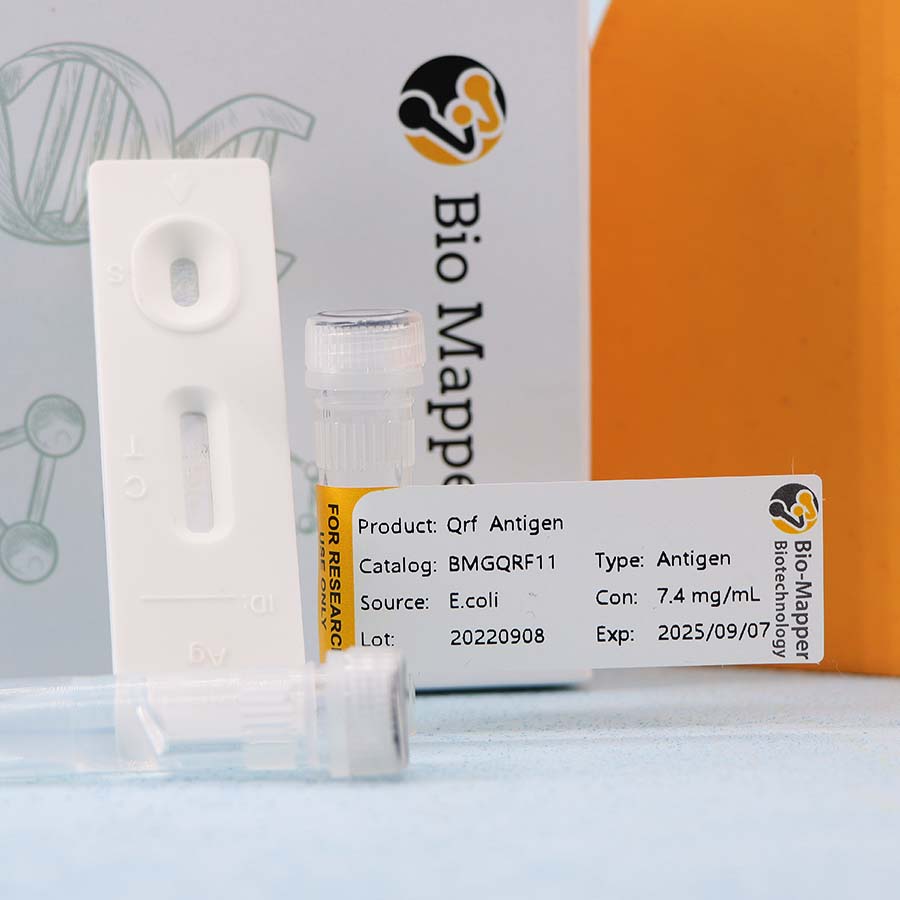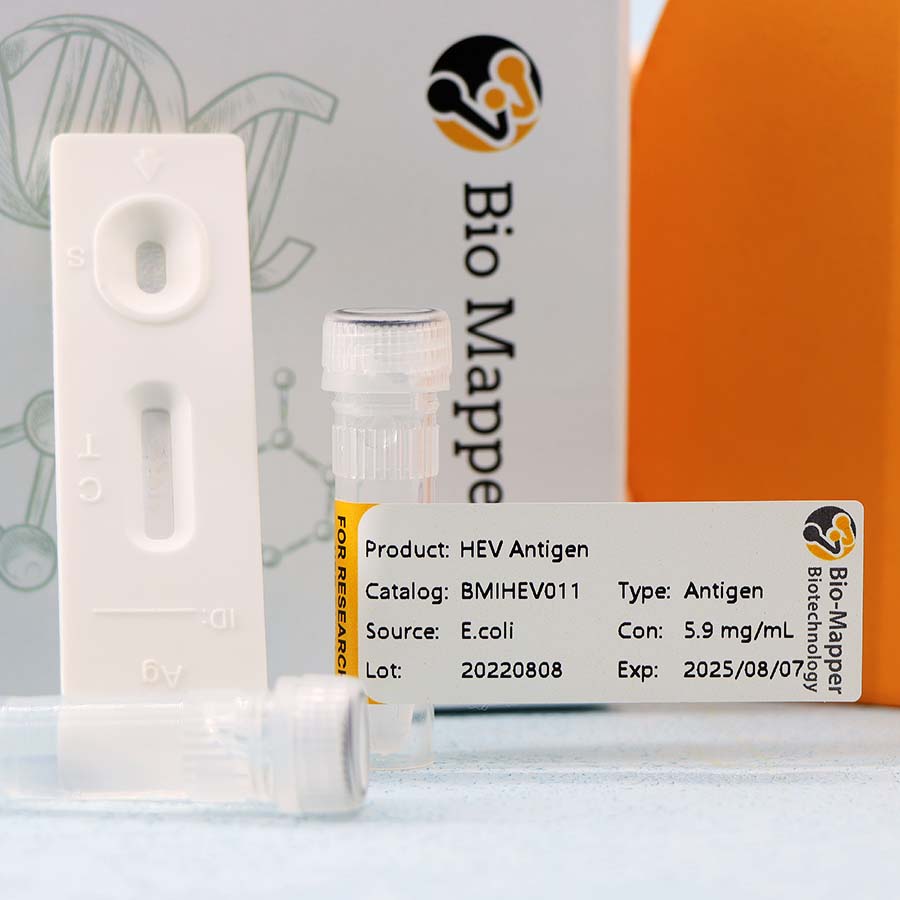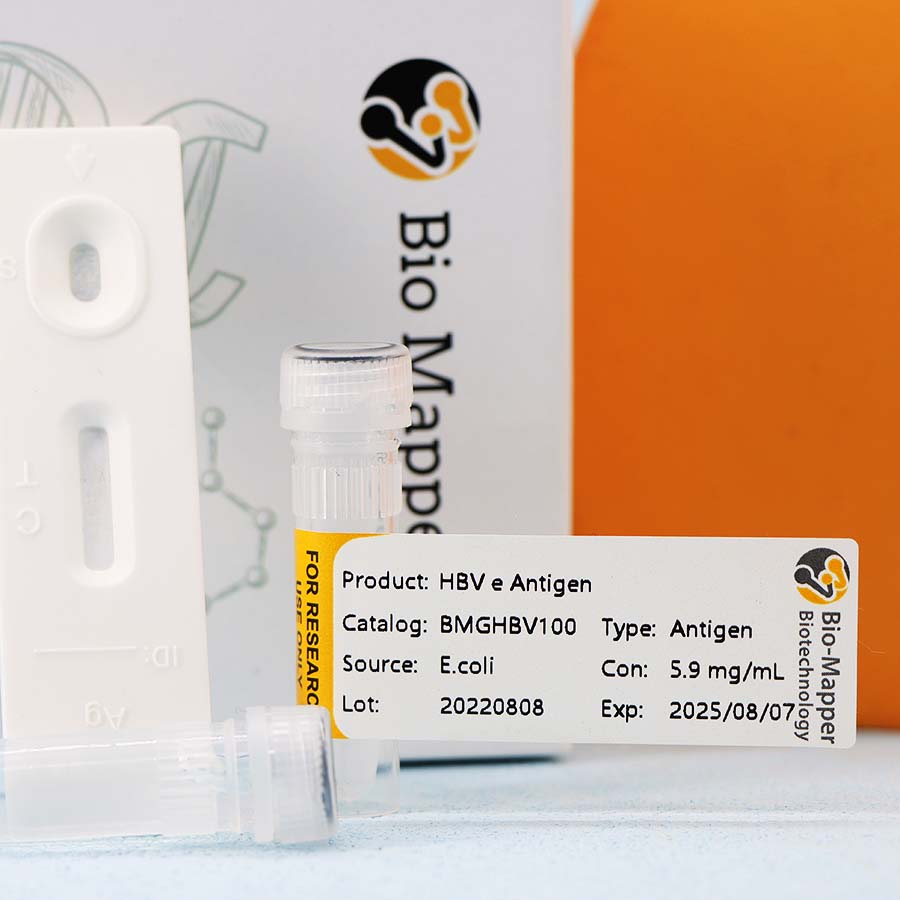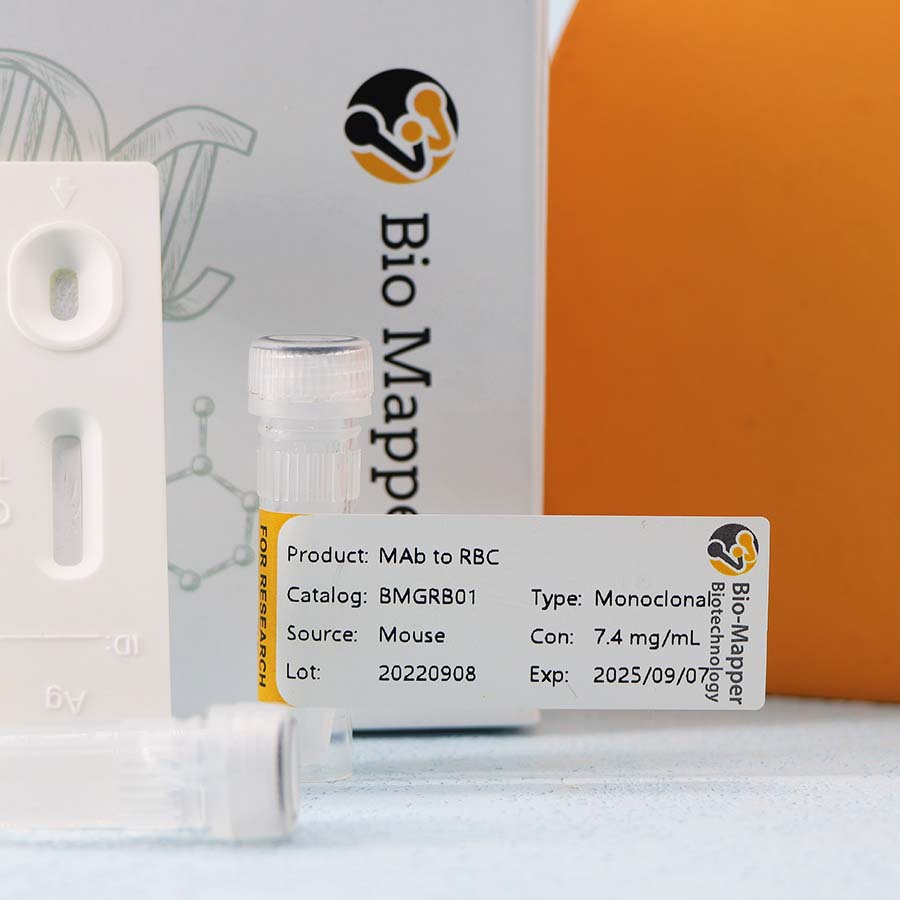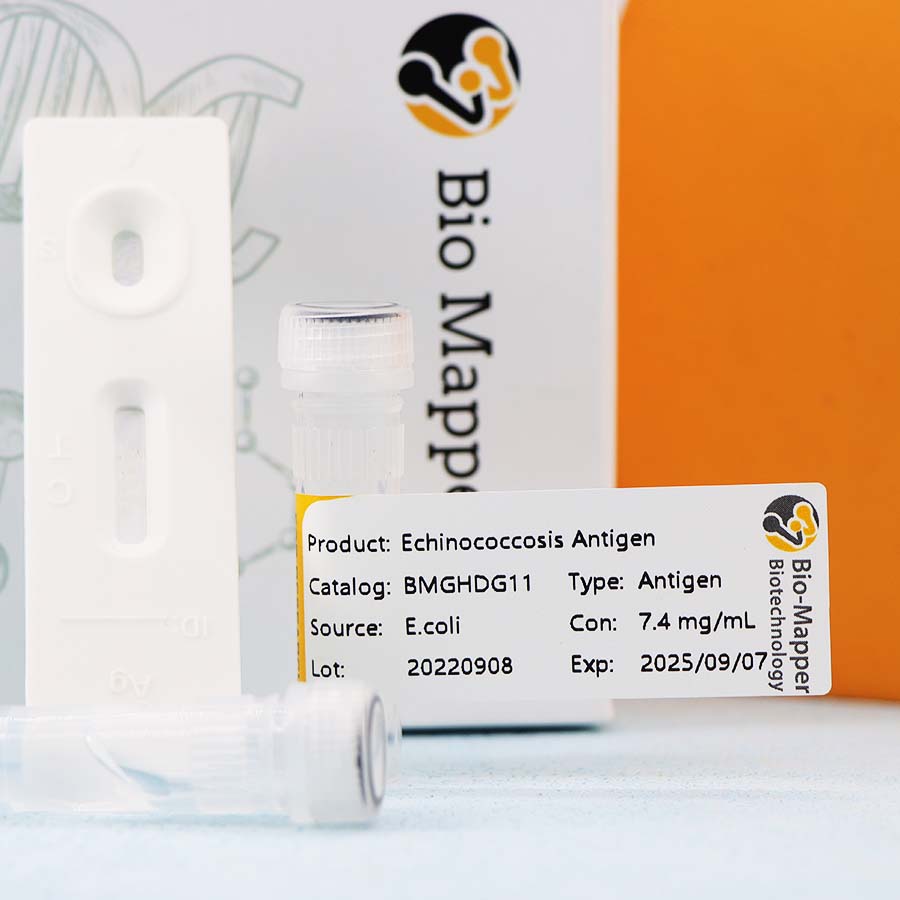Basic information
| Product Name | Catalog | Type | Host/Source | Usage | Applications | Epitope | COA |
| MAb to Human IgE | BMGGM01 | Monoclonal | Mouse | Capture | LF, IFA, IB, WB | / | Download |
| MAb to Human IgE | BMGGC02 | Monoclonal | Mouse | Conjugation | LF, IFA, IB, WB | / | Download |
| MAb to Human IgE | BMGEE02 | Mouse | Mouse | Conjugation | ELISA, CLIA, WB | / | Download |
| MAb to Human IgE | BMGEE02 | Monoclonal | Mouse | Capture | ELISA, CLIA, WB | / | Download |
| MAb to Human IgE | BMGEM01 | Monoclonal | Mouse | Capture | CMIA, WB | / | Download |
| Human IgE | BMGEM02 | Recombinant | Mouse | Conjugation | CMIA, WB | / | Download |
| Human IgE | EE000501 | Recombinant | HEK 293 Cell | Calibrator | LF, IFA, IB, ELISA, CMIA, WB | / | Download |
| Human IgE | EE000502 | Recombinant | HEK 293 Cell | Calibrator | LF, IFA, IB, ELISA, CMIA, WB | / | Download |
IgE antibodies are different depending on what they react to. An allergen-specific IgE test can show what the body is reacting to.
An allergen-specific immunoglobulin E (IgE) test measures the levels of different IgE antibodies. Antibodies are made by the immune system to protect the body from bacteria, viruses, and allergens. IgE antibodies are normally found in small amounts in the blood, but higher amounts can be found when the body overreacts to allergens.
IgE antibodies are different depending on what they react to. An allergen-specific IgE test can show what the body is reacting to.





